Artificial intelligence (AI)
Artificial intelligence (AI) refers to a broad range of processes and technologies enabling computers to complement or replace tasks otherwise performed by humans. Such systems have the ability to exacerbate surveillance and intrusion into our personal lives, reflect and reinforce some of the deepest societal inequalities, fundamentally alter the delivery of public and essential services, undermine vital data protection legislation, and disrupt the democratic process itself. In the face of this, EDRi strives to uphold our fundamental rights, democracy, equality and justice in all legislation, policy and practice related to artificial intelligence.
Filter resources
-

EU alphabet soup of digital acts: DSA, DMA and DGA
Members of the European Commission appointed in 2019 agreed to put digital policies as one of the cornerstones of EU legislation between 2019-2023. These include the Digital Services Act (DSA), the Digital Markets Act (DMA) and the Data Governance Act (DGA). So, what are the differences between these acts?
Read more
-
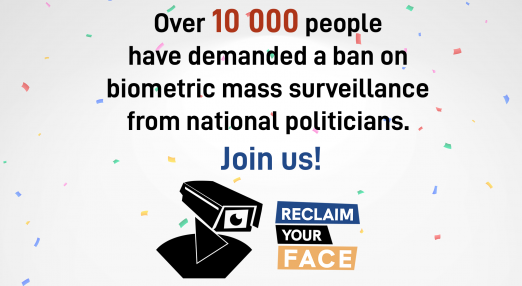
10,000 people demand a ban on biometric mass surveillance
Reclaim Your Face is a European movement to bring people’s voices into the discussion around the use of biometric data to monitor the population. Since its launch only two weeks ago, over 10,000 people have signed their support by adding their name to the call for transparency, red lines, and respect for humans in European uses of biometrics.
Read more
-
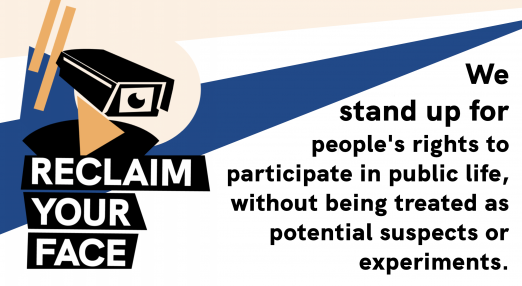
Campaign “Reclaim Your Face” calls for a Ban on Biometric Mass Surveillance
Civil society across Europe launches the “Reclaim Your Face” campaign, demanding that local and national authorities listen to their communities about the serious risks of using facial recognition and other biometric technologies in public spaces. The newly formed coalition calls to ban biometric mass surveillance, in reaction to the rapid and secretive roll out of invasive and unlawful technologies by police forces and local authorities in many European countries.
Read more
-

Booklet: Technological testing grounds, border tech is experimenting with people’s lives
The European Union is increasingly experimenting with high risk migration management technologies.
Read more
-
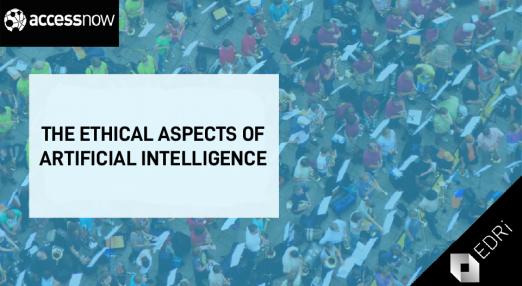
Attention EU regulators: we need more than AI “ethics” to keep us safe
In this post, Access Now and European Digital Rights (EDRi) analyse recent developments in the EU AI debate and explain why we need a bold, bright-line approach that prioritises our fundamental rights.
Read more
-
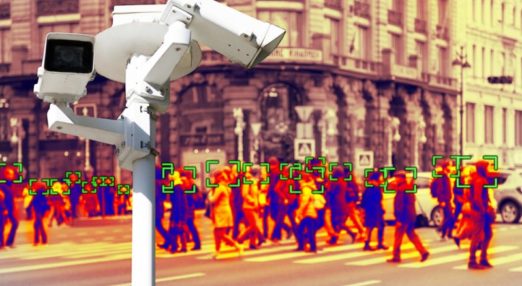
Technology has codified structural racism – will the EU tackle racist tech?
The EU is preparing its ‘Action Plan’ to address structural racism in Europe. With digital high on the EU’s legislative agenda, it’s time we tackle racism perpetuated by technology, writes Sarah Chander.
Read more
-

Down with (discriminating) systems
Amidst a particularly hectic time for digital rights policy in Europe, there remains a large elephant in the room.
Read more
-
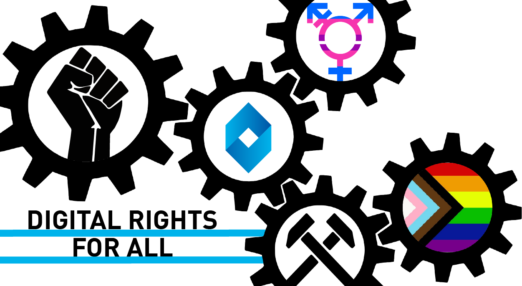
Digital rights for all
In this article we set out the background to EDRis’ work on anti-discrimination in the digital age. Here we take the first step to explore anti-discrimination as a digital rights issue, and then, what can EDRi do about it? The project is motivated by the need to recognise how oppression, discrimination and inequality impact the enjoyment of digital rights, and to live up to our commitment to uphold the digital rights of all.
Read more
-
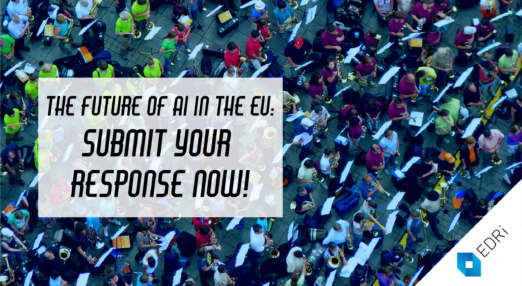
EDRi submits response to the European Commission AI consultation – will you?
Today, 4th June 2020, European Digital Rights (EDRi) submitted its response to the European Commission’s public consultation on artificial intelligence (AI). In addition, EDRi released its recommendations for a fundamental rights-based Artificial Intelligence Regulation.
Read more
-
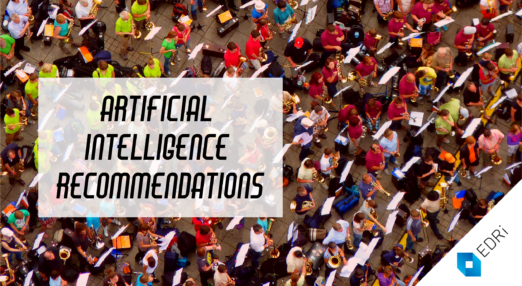
Can the EU make AI “trustworthy”? No – but they can make it just
European Digital Rights (EDRi) submitted its answer to the European Commission’s consultation on the AI White Paper.
Read more
-
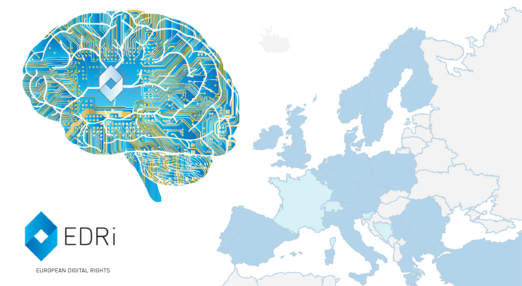
More than the sum of our parts: a strategy for the EDRi Network
It took over a year. From an EDRi members’ survey in early 2019 to the vote by the (online) General Assembly of members at the end of April 2020. In those months we held workshops, webinars, calls, several rounds of comments, draft iterations and about 50 consultations.
Read more
-
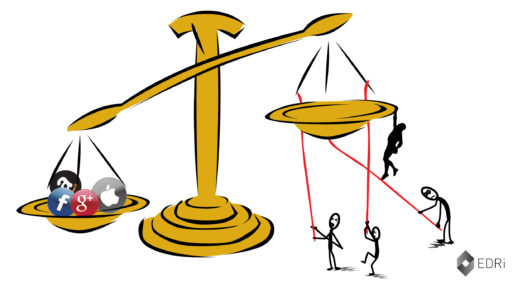
Competition law: Big Tech mergers, a dominance tool
This is the third article in a series dealing with competition law and Big Tech. The aim of the series is to look at what competition law has achieved when it comes to protecting our digital rights, where it has failed to deliver on its promises, and how to remedy this.
Read more
